TRAINING AS PART OF THE WATER-ENERGY NEXUS SYSTEMS MODELLING PROJECT
On March 10-14, 2025, SIC ICWC at its Training Center hosted a workshop organized in collaboration with the World Bank Group as part of the project Water-Energy Nexus Systems Modeling. Participants in the workshop included the SIC ICWC team, Technical Group 1, and international experts Amjad Muhammad Khan (World Bank), Brian Joyce (Stockholm Environment Institute), and Uttam Ghimire (Stockholm Environment Institute).
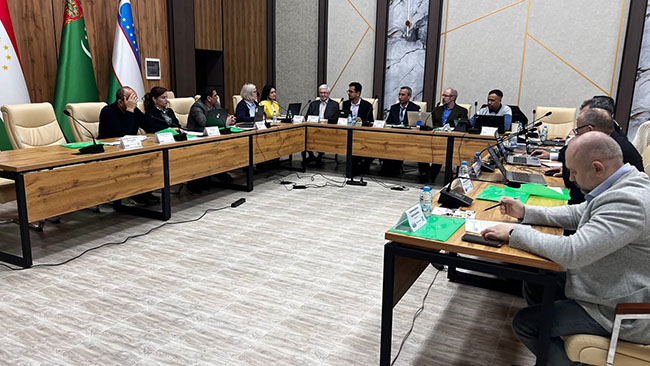
This in-person training continued the series of workshops focused on the comprehensive study of the WEAP (Water Evaluation and Planning) model for the participants of Technical Group 1. A key area of focus was the application of WEAP in the Syr Darya and Amu Darya River basins. The training included both theoretical and practical sessions on critical topics, such as climate change projections, hydrological models, water resource distribution, flow regulation by reservoirs, MABIA, data handling, and new scenario building.
The training focused on developing modeling scenarios for the Amu Darya and Syr Darya River basins. Participants gained an in-depth understanding of building and implementing current scenarios in the WEAP model, and acquired key principles of its operation.
Participants concluded the session with practical experience in WEAP data handling and scenario development. They received methodological materials and recommendations for water resources analysis and scenario assessment. The session reinforced theoretical knowledge through practical application, equipping them with valuable skills for future modeling work.
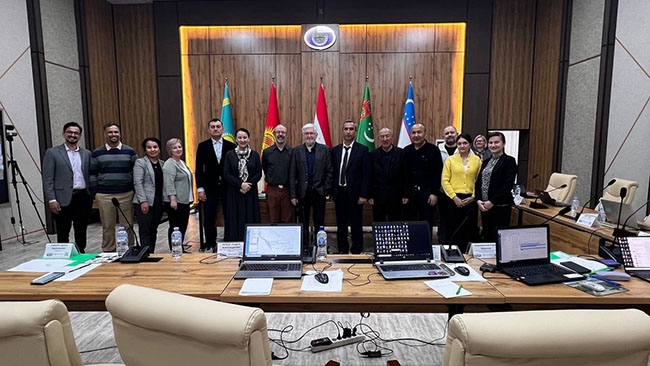
A field trip to several facilities of BWO Syr Darya in the Chirchik River basin was organized as part of the event. Participants toured the Upper Chirchik Hydroscheme and the headworks of the Zakh and Khanim canals, gaining firsthand insight into Uzbekistan’s water infrastructure operations.
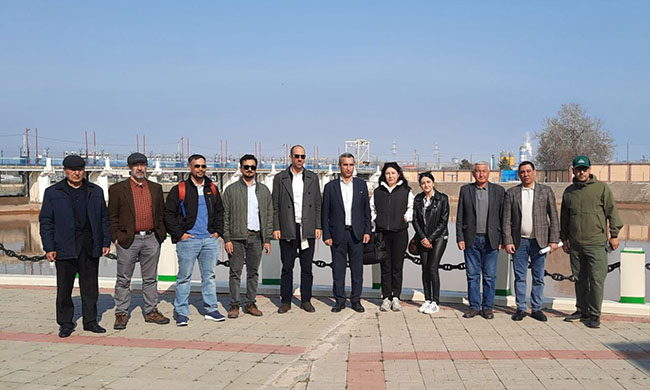
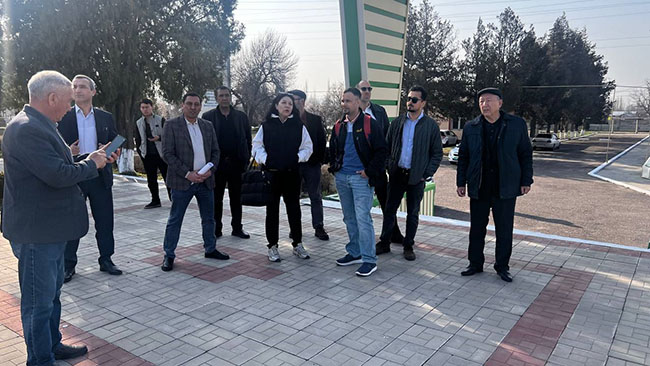
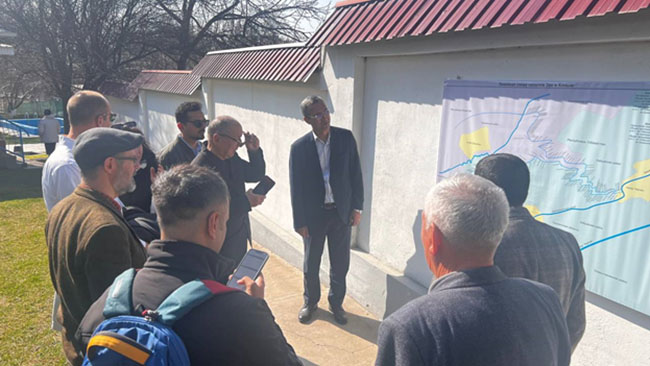
During the discussions, the participants agreed upon the next stages of work within the Water-Energy Nexus Systems Modelling project. The training effectively improved technical knowledge and fostered valuable collaboration among experts from diverse organizations, facilitating future project progress.
|